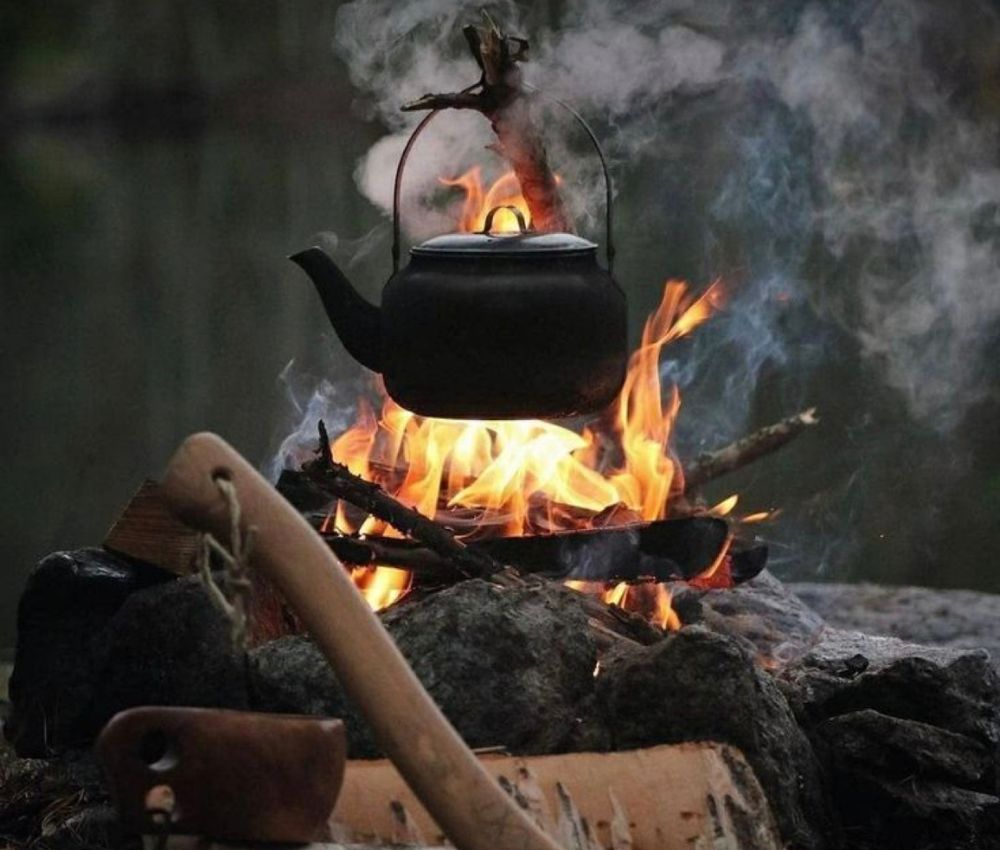Walking Together for Te Tiriti o Waitangi
Walking Together for Te Tiriti o Waitangi
This week, our 100,000 Cups of Tea kōrero shifted focus to a deeply significant kaupapa: the Treaty Principles Billand its potential impact on the rights of Tangata Whenua - Māori and all who are protected by our Te Tiriti o Waitangi Treaty agreement here in Aotearoa. As protests continue across Aotearoa, we took time to reflect on what Te Tiriti means for us individually, collectively, and as a nation.
The kōrero was both thought-provoking and tricky at times, as we shared insights into the historical and current struggles for Tino Rangatiratanga - sovereignty and Mana Motuhake - the right to govern ourselves. Here are some of the reflections and whakaaro from this important discussion. Here's what we shared.
A Historical Reminder: He Whakaputanga
This insight highlighted the importance of recognising He Whakaputanga as part of the broader historical narrative. It was a call to honour the legacy of Tangata Whenua Māori leadership and resistance in the face of ongoing challenges. One participant reminded us of the foundational significance of He Whakaputanga o te Rangatiratanga o Nu Tireni (the Declaration of Independence):
“The He Whakaputanga flag and the Te Tiriti flag remind us that He Whakaputanga preceded the Treaty by five years. It was a declaration of chiefs, affirming Māori's rights to tino rangatiratanga. Even before the Treaty, there were clear indicators of what would become an intergenerational struggle for the best outcomes—not just for Māori, but for all of Aotearoa.”
Te Tiriti Is for Everyone
Another theme that resonated was the idea that upholding Te Tiriti is not just about the rights of Māori but about the well-being of everyone in Aotearoa:
“What is good for Māori is good for everyone,” one participant reflected, echoing the teachings of Moana Jackson. The discussion explored how constitutional principles grounded in Te Tiriti can guide us toward a society that is fairer, more inclusive, and more equitable for all. This reminded us that when Māori thrive, all of Aotearoa benefits. The protests against the Treaty Principles Bill are not only about preserving Māori rights—they are about standing together for justice and equity for all.
The Role of Aroha and Collective Action
Our kōrero also touched on the importance of aroha and collective responsibility in this moment. This reflection highlighted that our actions today lay the groundwork for future generations. Whether through protests, conversations, or systemic change, we each have a role to play in upholding the mana of Te Tiriti.: “Our mahi is not just about resisting what threatens our rights—it’s about ensuring the next generations inherit a system that is fairer, stronger, and more inclusive for all.”
The Impact of the Treaty Principles Bill
The kōrero also touched on the widespread protests sparked by the Treaty Principles Bill. Participants shared their concerns that this bill undermines the mana of Te Tiriti and the rights of Māori. This kōrero underscored that these protests are about more than resistance—they are about upholding the integrity of Te Tiriti for future generations. One participant reflected on the bill’s implications, saying:
“The Treaty is more than a piece of history—it’s a promise. When we see attempts to diminish its principles, it’s not just about what’s being taken away from Māori. It’s about breaking trust and damaging the fabric of our nation.”
A Living Agreement
A good reminder from one of our participants, “Te Tiriti isn’t just about the past—it’s a living agreement. It’s about protecting the future, ensuring manaakitanga, and fostering relationships of mutual respect.”
Aroha, Unity, and the Power of Connection
A thread running through the kōrero was the role of aroha and collective strength in facing these challenges:
“Our mahi is not just about resisting what threatens our rights—it’s about ensuring the next generations inherit a system that is fairer, stronger, and more inclusive for all.”
Another participant emphasised how connection strengthens the movement, saying:
“When we stand together, we are not just resisting—we are envisioning and building a better future.” This unity, grounded in aroha, gives hope and purpose to the struggle for justice.
Thoughts to Ponder Moving Forward
As we move forward, something for all of us to consider:What role can you play in upholding Te Tiriti principles in your community, workplace, or whānau? How can we support one another to ensure the agreement of Te Tiriti o Waitangi is upheld are realised for all?
Ngā mihi nui,
Arama and the Walk Together Team


